Introduction: Education as an Election Battleground
With the Bihar Assembly elections around the corner, Chief Minister Nitish Kumar has unveiled a major welfare promise: under the Student Credit Card (SCC) scheme, all education loans will now be interest-free for students who have passed Class 12.
This move, positioned as a way to ease the financial burdens of higher education, also highlights the increasing role of education policy in electoral strategy. While hailed as a bold step toward empowering Bihar’s youth, critics argue it may be more of a populist election pitch than a sustainable policy.
What Is the Student Credit Card Scheme?
Launched in 2016, the SCC scheme was designed to provide financial assistance to students pursuing higher education.
- Eligibility: Students who passed Class 12 and sought higher studies.
- Loan Limit: Up to ₹4 lakh for tuition, books, and related expenses.
- Guarantee: Backed by the state government.
Until now, students had to bear interest costs after a moratorium. Nitish’s latest announcement removes this burden entirely, making education loans truly interest-free.
Why This Matters in Bihar
1. Youth-Centric Politics
- Bihar has one of the youngest populations in India, with nearly 60% under 35.
- Education and job creation remain top voter concerns.
2. Economic Barriers to Higher Education
- Many families cannot afford college fees.
- Migration to Delhi, UP, and southern states for education is common.
- An interest-free loan scheme directly reduces migration pressures.
3. Political Timing
The announcement comes just months before polls, making it a clear election signal aimed at consolidating youth support.
Potential Benefits
- Accessibility: More students from rural, lower-income families can afford college.
- Skill Development: Expands the talent pool for Bihar’s economy.
- Social Mobility: Education as a ladder for upward movement.
- Political Trust: Reinforces Nitish’s image as a leader focused on education and welfare.
Criticisms and Concerns
Fiscal Sustainability
- Interest subsidies could strain Bihar’s state finances.
- No clarity yet on how the government will fund the waiver.
Implementation Challenges
- Past reports show delays in loan disbursement.
- Bank reluctance and bureaucratic hurdles remain.
Election Optics
- Critics see the move as vote-bank politics, with uncertain follow-through post-election.
Opposition Response
Opposition parties have welcomed the intent but slammed the timing:
- RJD leaders accuse Nitish of “remembering students only during elections.”
- Experts warn that without job creation, even interest-free loans won’t solve Bihar’s migration problem.
Education in Bihar: A Larger Picture
- Gross Enrollment Ratio in higher education is below the national average.
- Infrastructure gaps persist—limited universities, lack of skilled faculty.
- Students often leave Bihar for quality institutions elsewhere.
This policy could help temporarily, but structural reforms are needed for long-term gains.
Conclusion: Promise or Policy?
Nitish Kumar’s announcement of interest-free education loans is both an ambitious welfare measure and an election masterstroke. If implemented sincerely, it could significantly reduce financial inequality in higher education.
But if left underfunded or poorly executed, it risks becoming another headline-grabbing election promise.
For Bihar’s youth, the question remains: will this be the beginning of real empowerment through education, or just another cycle of electoral populism?
#BiharElections2025 #NitishKumar #StudentLoans #YouthEmpowerment #EducationForAll #SarhindTimes #PolicyMatters #BiharPolitics







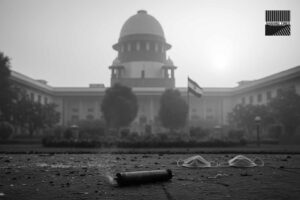



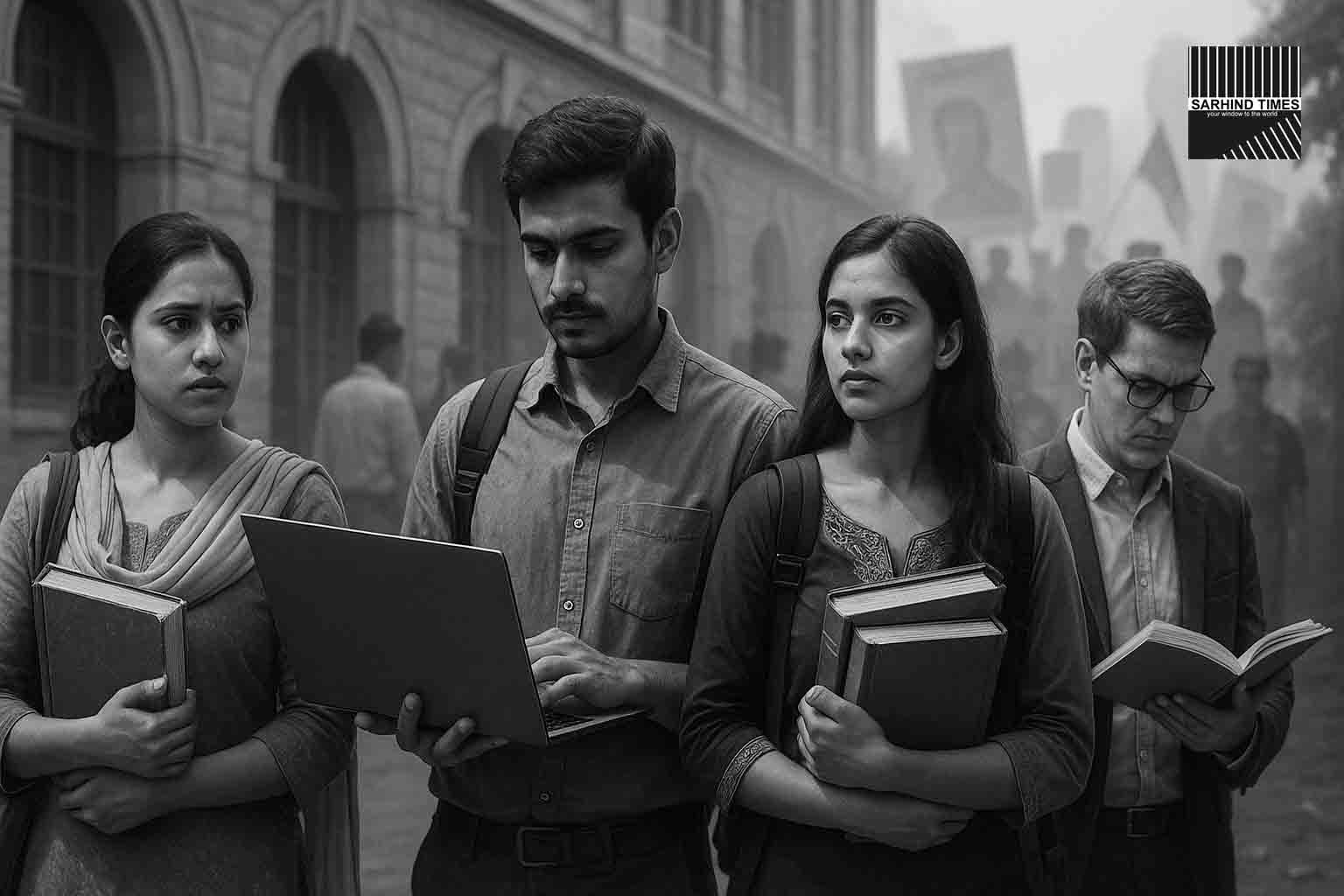







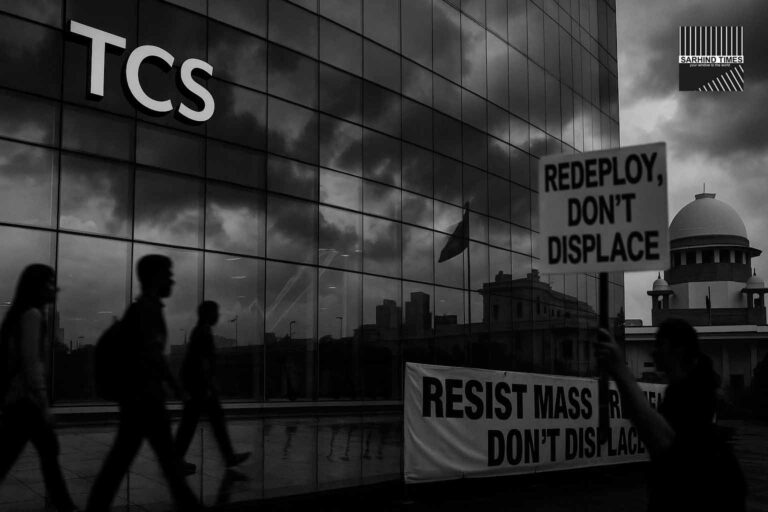
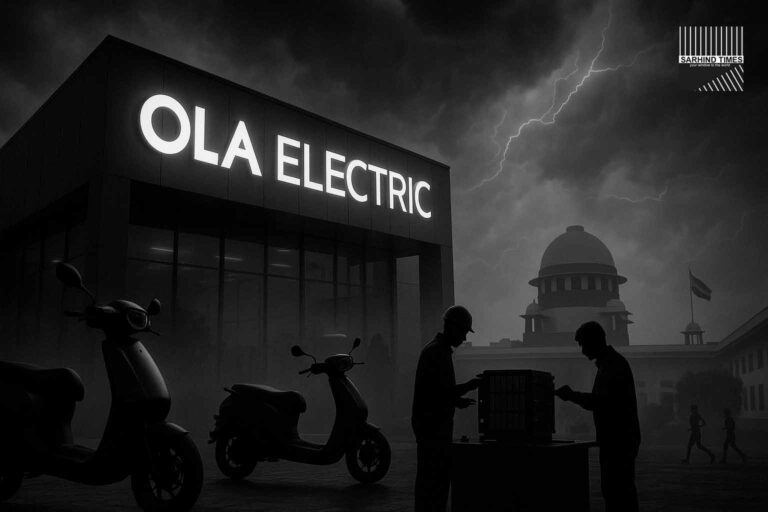
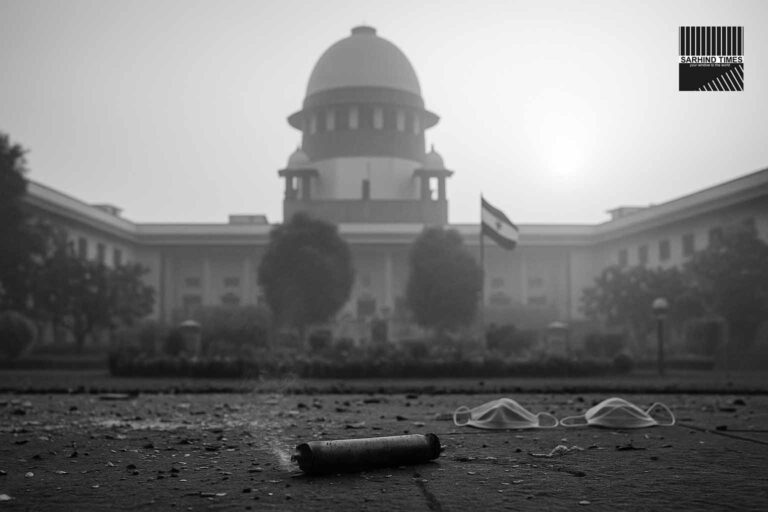
+ There are no comments
Add yours